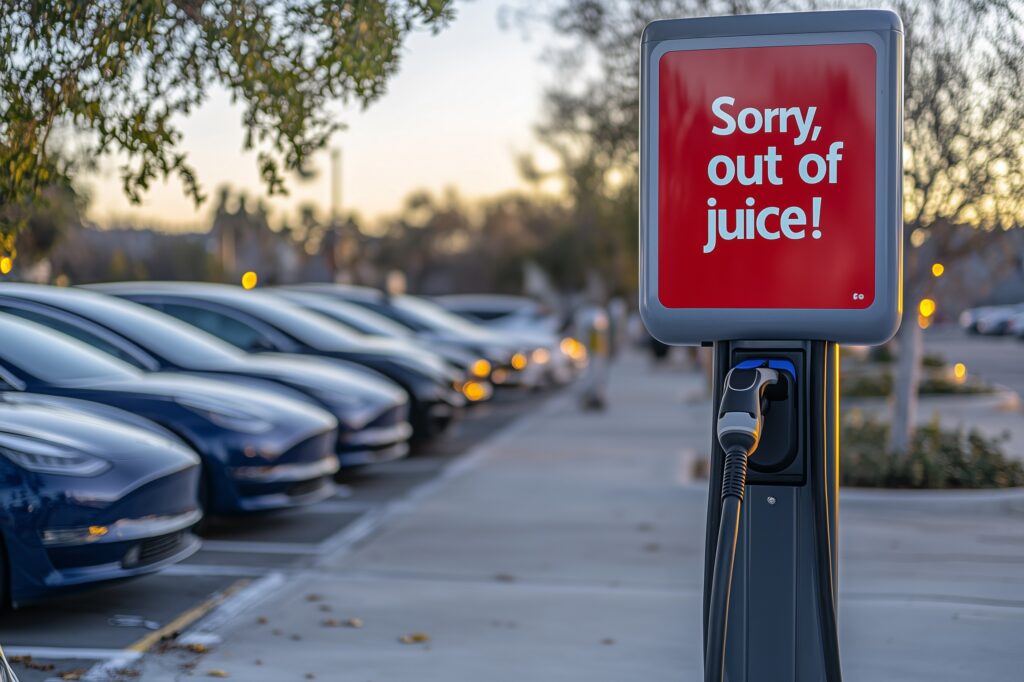The private sector is making progress for climate change
Sometimes encouragement and coercion are a breath apart. Climate envoy John Kerry is using his clout to influence private banks to adopt more climate-friendly positions. Coercive or not, it’s bad for both sides if private sector actions are viewed as influenced by the government, especially through unofficial channels. Such actions by public officials risk delegitimizing the most promising development on climate change: A newfound relationship between civil society and the business community, which ironically took off under the Trump administration.
Donald Trump was wrong about climate science, but right about letting the private sector lead on environmental issues, and lead they did. In 2019, environmental, social, and corporate governance objectives hit a tipping point. Last year, a frenzy of corporate emissions commitments took the country by storm, led by financial institutions seeing a fundamental reshape in finance tied to climate change. Corporate insiders even considered BlackRock, one of the notable leaders on climate-related financing, as late to the game. The policy implication is profound, as rapid decarbonization is happening even without government coercion.
Of course, this only becomes obvious because no sober-minded individual could suggest a quid pro quo between corporate America and Trump officials to avoid climate regulation. But actions like those Kerry took risk fueling dismissive claims that the corporate sustainability movement is mere virtue signaling, or worse, a backroom deal to preempt government regulation. In reality, companies are decarbonizing for a variety of business reasons, ranging from tech firms attracting environmentally conscious talent to institutional investors seeing a greening of their client base. In other words, the market has recognized it is in its own interest to address climate change. But for many on the political left, it may not be fast enough, and that is where overregulation — or potential coercion — rears its head.
We are already seeing a preview of this type of regulation. The Security and Exchange Commission’s looming climate risk disclosure requirements is just one of dozens of initiatives in the Biden climate agenda, which provides little hope that the administration has learned the most important lessons from its predecessors: that regulations alone have limited potential for emission abatement, but still have the potential to rattle investors and cause economic harm. We should not overestimate the utility of regulations in achieving global decarbonization, nor should we underestimate the role of the free market in motivating positive investment and environmental progress.
The administration would be wise to challenge the green orthodoxy, and study the catalyst of global supply chain decarbonization and let the market get to work. Clearly, the green appetite is there from private capital, but confusion reigns supreme among investors and their clients. The problem is accessible and verifiable information. It is this lack of quality information that is the missing ingredient to catalyze voluntary, climate risk-informed decisions. This could prove the climate holy grail with the potential to unlock the greening of global capital flows that transcend political boundaries at the speed of business, not government.
On the other hand, there are serious risks to a ham-fisted approach to mixing climate and finance. Kerry’s approach – leveraging his position in government to solicit changes in business behavior – could have a chilling effect on future investment. Businesses and investors that do not have strong government relationships or fit neatly into Biden’s preferred business paradigm could be discouraged from participating in U.S. markets altogether.
In the realm of climate policy, new technologies for decarbonization require private investment and capital deployment. In other words, climate progress requires healthy markets that can respond to a consumer demand for clean energy and industry. Kerry’s actions are reminiscent of the parable of the golden goose, as he risks undoing the long-term benefits of the market for climate progress in exchange for a near-term political victory.
Nevertheless, improving information is a role for the government that could form a tenet of durable climate policy. Yet it must be done carefully. As the administration pushes the Securities and Exchange Commission to tighten the screws on climate disclosure, it could result in improved transparency, or merely new corporate liabilities. Financial regulators must remain cognizant to match disclosure requirements with the value of information.
One issue remains. Does the administration want to unleash the private sector, or rather change it by strong-arming companies and draconian regulation? If the administration truly cares about climate risk, they’d better start thinking about the business community as friend, not foe.








